
Global economy and trade policy
Explore recurring issues in Europe’s relationship with its extended neighbourhood, and economic relations with China, India and the rest of the world
The global economy in continues to be affected by the pandemic. However, it is also marked by major geopolitical developments, from President Biden’s inauguration and a revival of the transatlantic relationship, to the continued rivalry with China, with the EU caught in-between these global trends.
Bruegel’s scholars cover the European Union’s increasing assertiveness towards neighbours over the past year, including the external repercussions of the European Green Deal, managing a crisis at its borders, building a future relationship with a former member, strengthening the international role of the euro and tackling a resurgent China.
Recently published

China’s ‘new productive forces’ risk overcapacity bubble
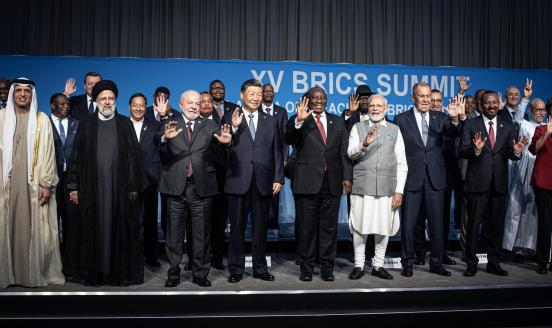
China continues to dominate an expanded BRICS

India's economy can overtake China's if it can stay on track
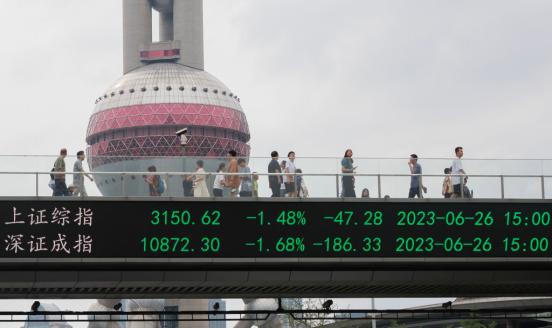
China economic database
Repository of what we consider to be the most relevant macroeconomic data for China and EU-China relations.
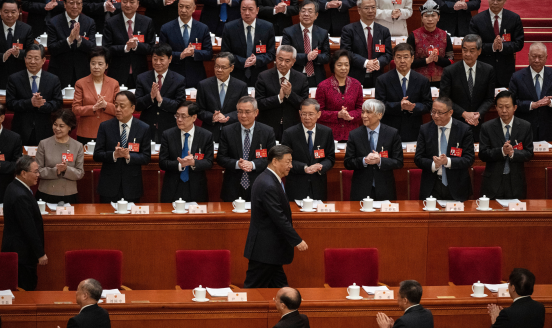
Key takeaways from China’s Two Sessions
Unpacking China’s biggest annual political event
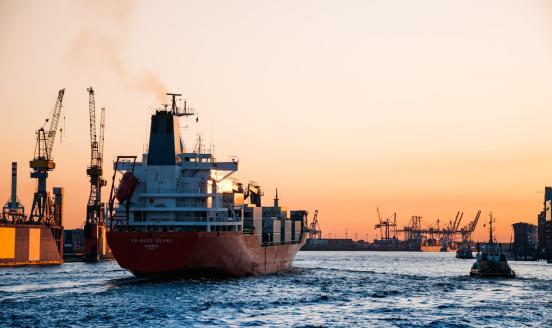
Global supply chains: lessons from a decade of disruption
This paper revisits the effects of three shocks on the functioning of global supply chains.
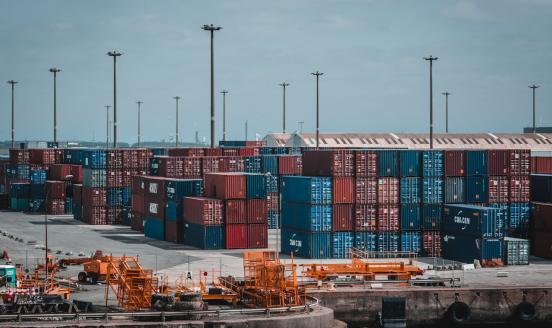
Knowledge spillovers and geopolitical challenges in global supply chains
Our main message is that policies restricting knowledge flows should be limited to narrowly defined areas of strategic importance.

South Korea's semiconductor strategy
Economic ties are being reshaped by the semiconductor industry's evolution

China and WTO reform: what to expect?
Events

Is there a trade-off between competition and competitiveness?
This event debated the trade-off between competition enforcement and international competitiveness
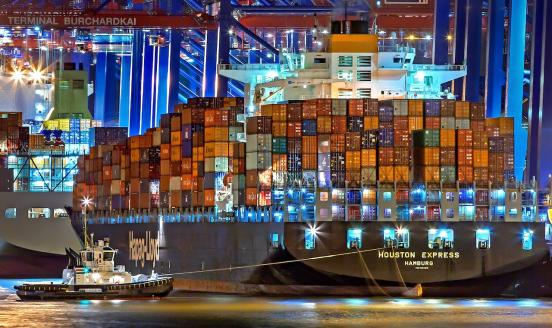
Transatlantic Climate and Trade Cooperation after the EU-US Summit
What should be expected from ongoing negotiations on the so-called Global Steel and Aluminium Arrangement and the forthcoming TTC meeting?

Talks@Bruegel: Türkiye-EU economic relations with Ömer Bolat
At this event we discussed the economic and commercial relations between Türkiye and the European Union
Podcasts
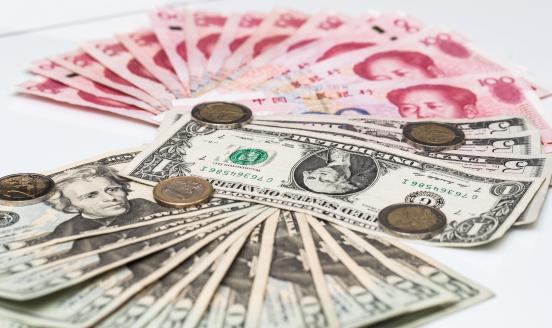
China’s third attempt to internationalise its currency
What will happen if China manages to strengthen the RMB?
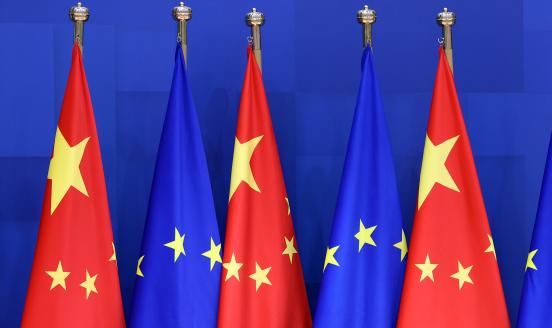
Expectations and outcomes of the 24th EU-China summit
Was the Summit another ‘dialogue of the deaf’?
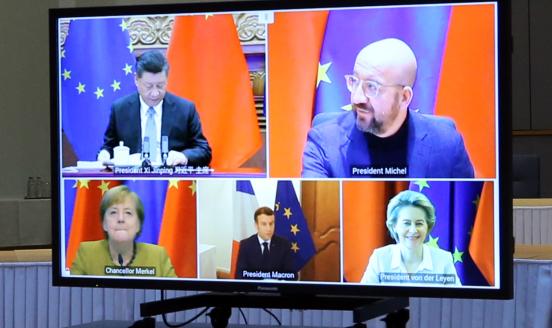
The evolution of EU-China relations
A glimpse into the evolving landscape of Europe's engagement with China.

Understanding local government debt in China
How can China navigate the country towards a more sustainable and balanced economic future?